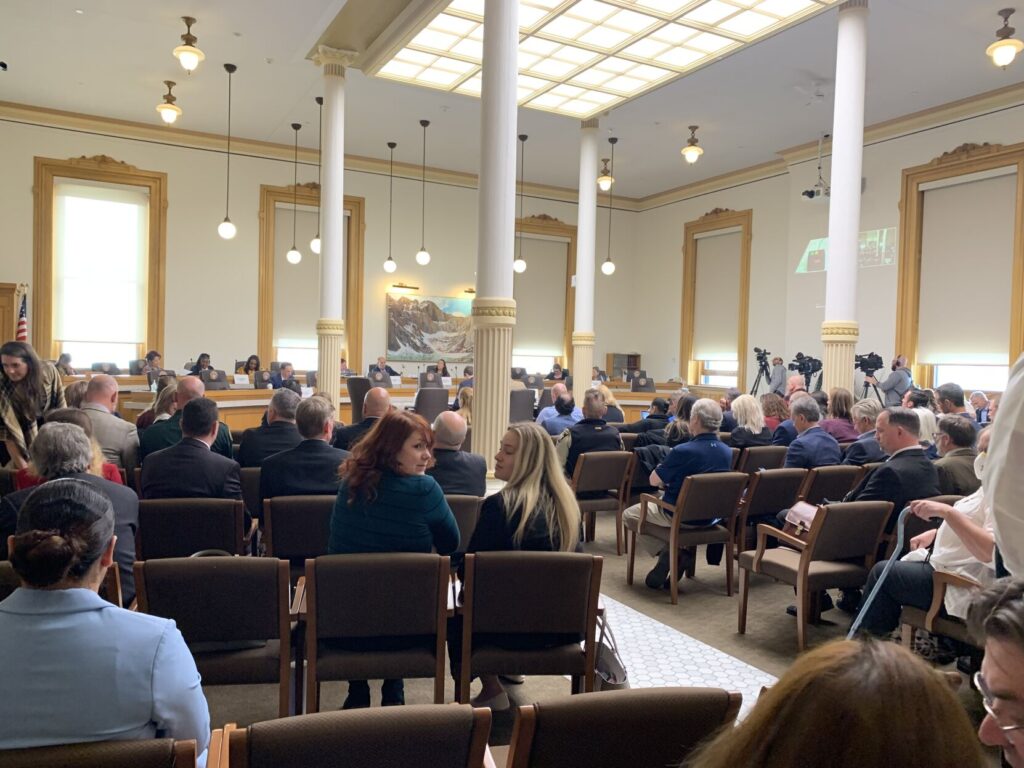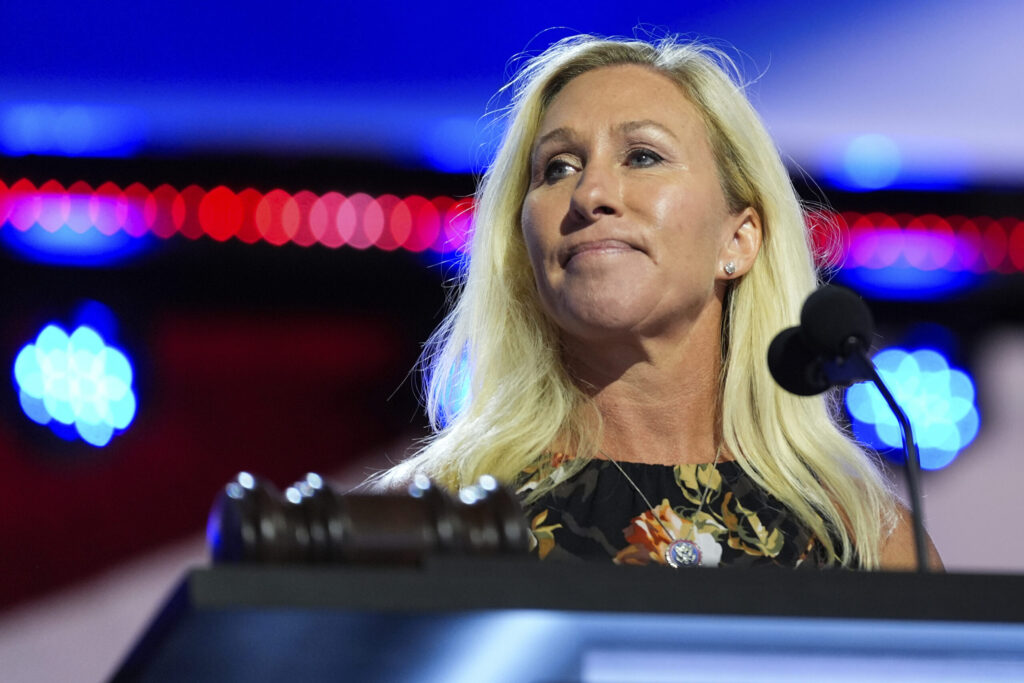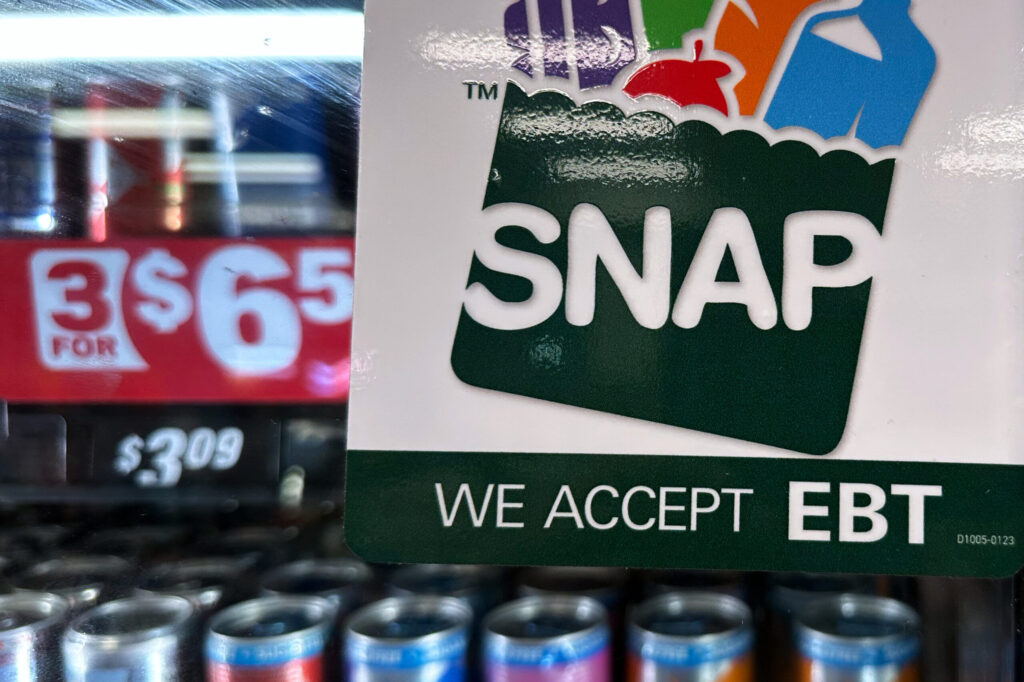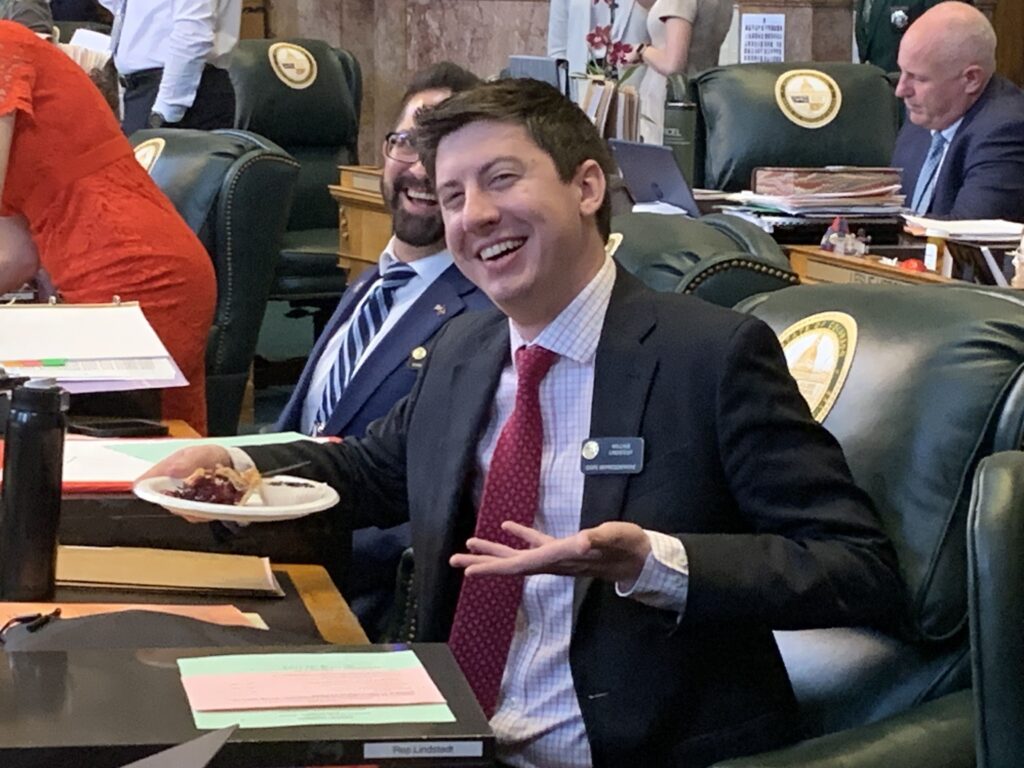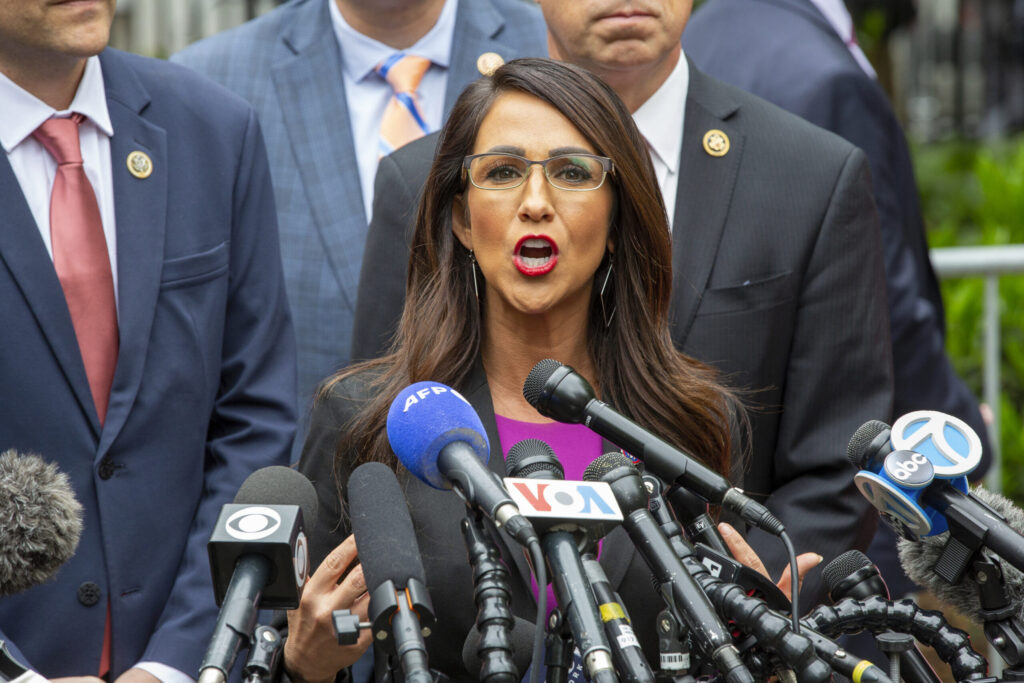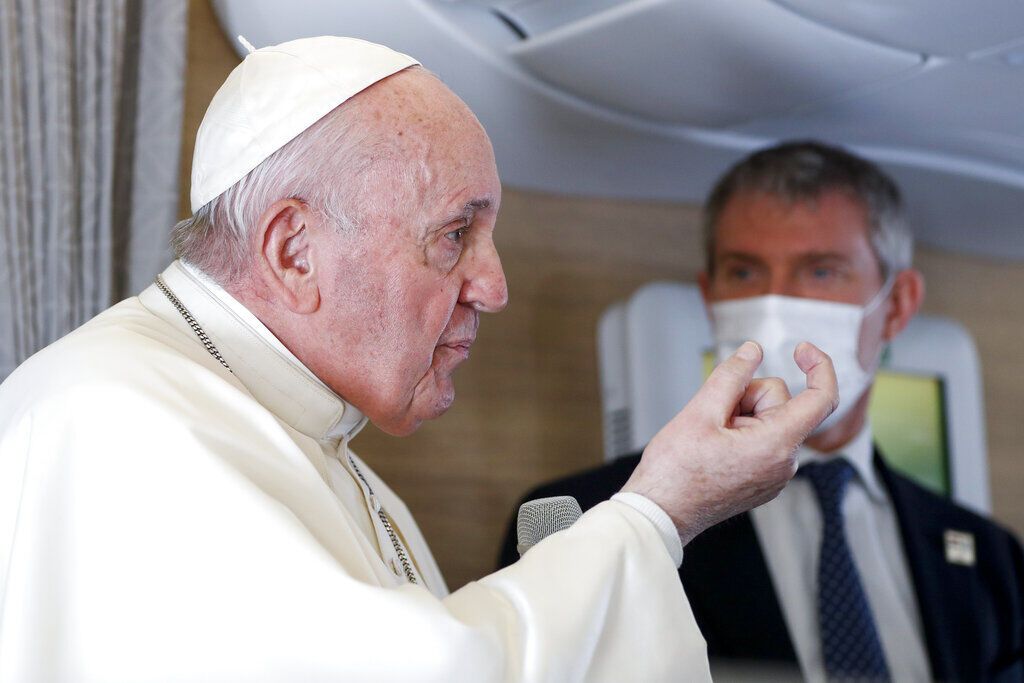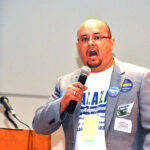YESTERYEAR: Reactions vary widely to U.S. Supreme Court ruling overturning Amendment 2
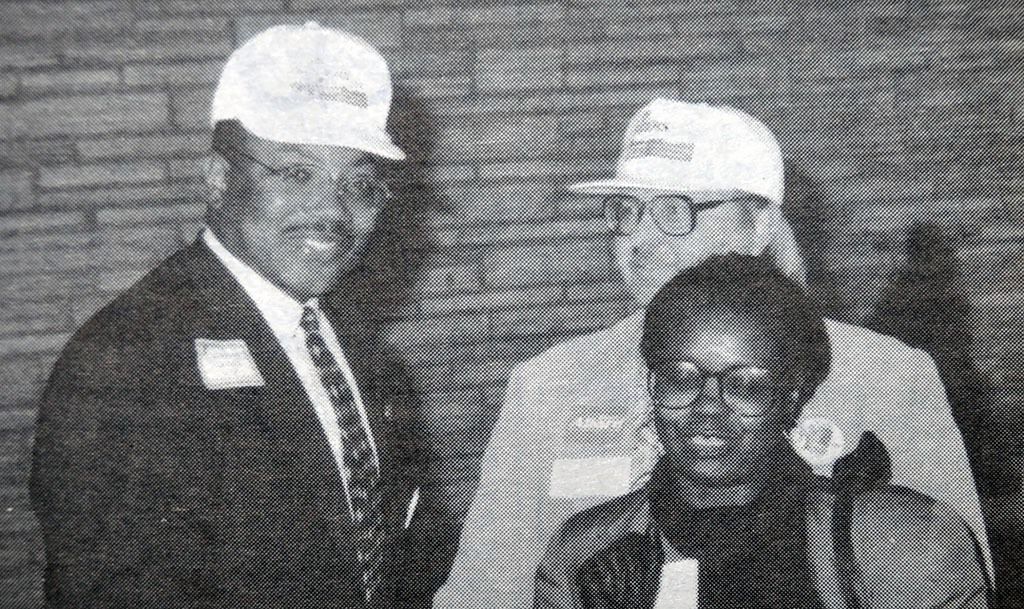
Twenty Years Ago this week in The Colorado Statesman … Elected officials had a range of reactions to the U.S. Supreme Court’s decision overturning Colorado’s Amendment 2, the ballot measure passed four years earlier by state voters, that would forbid “protected status based on homosexual, lesbian or bisexual orientation.” The court “rejected the equal rights vs. special rights distinction that was the basis for Colorado voters’ decision,” said Republican U.S. Senate candidate and Attorney General Gale Norton, who led the defense of the state’s constitutional amendment. U.S. Rep. Wayne Allard, who was also running for the GOP nomination for the U.S. Senate, called himself “very disappointed” in the decision. “In 1992, I was a supporter of Amendment No. 2 when it was passed by a majority of Colorado voters, so it is very disturbing to see the court disregard the will of the people on this matter,” Allard said. “It is a decision that will only make Colorado citizens more angry and distrustful toward a federal judiciary that they see becoming too liberal and out of touch with the vast majority of Americans.” Gov. Roy Romer said it was “helpful to have a final answer from the U.S. Supreme Court on the constitutionality” of the measure, which he defended in court as governor. “I believe the Supreme Court did a thorough job of reviewing the case and made a reasoned decision,” Romer said. “Throughout this debate,” he said, “I believe that most Coloradans fundamentally wanted the same thing: they wanted a situation where there is no discrimination based on sexual orientation, but no special privileges.” Denver Mayor Wellington Webb called the ruling “a complete and total vindication of our battle for the civil rights of all Denver residents and a complete and total reaffirmation of Denver’s Equal Protection Ordinance,” which extended civil rights protections to sexual orientation, along with race, religion, color, gender, age, marital status and military status. “This ruling should be a foundation rather than the final goal for the continuing battle for human rights in this country,” Webb said. …
… Among those vying for the open U.S. Senate seat, in addition to Allard and Norton, candidates split along party lines, with Republicans blasting the Supreme Court ruling and Democrats praising it. “As Justice Anthony Kennedy noted in his opinion,” said Democratic Senate candidate Tom Strickland, “our constitution does not – and should not – allow persons to be identified by a single trait and then be denied protection of our laws. That is only fair, it is only right.” Democrat Gene Nichol agreed, saying Amendment 2 “hung like a dark cloud over Colorado’s historical respect for individual freedoms and civil rights for all.” He said he hoped the state could “end this disruptive chapter in Colorado politics and move forward in building a state where all people may live and prosper without state-sponsored discrimination.” Republican candidate Bill Eggert took a contrary view. “Today we see the pitiful fruits of judicial politics bring us to our lowest point as a constitutional republic,” he said. The decision, Eggert continued, will only “strengthen the belief of most of the citizens of Colorado” that “our courts have become captive to elitist principles which ignore the moral foundation upon which the country was built.” Democratic candidate Phil Perington said the decision made clear that Amendment 2 was “not about special rights, it’s about fundamental rights guaranteed by our constitution for every citizen of this country, nothing more and nothing less.” He advised Attorney General Gale Norton and Amendment 2 sponsor Will Perkins to “take a deep breath, sit down and then repeat to themselves the last three lines of the Pledge of Allegiance a few times.” …
… For his part, Colorado for Family Values Chairman Will Perkins, sponsor of the overturned Amendment 2, said the Supreme Court decision was “very chilling for people of conscience across America” and represented “a body blow against freedom of belief and freedom of association.” A majority of Colorado voters, he argued, had voted “to protect the liberties of those who hold traditional views of sexuality. They hated no one, but merely wanted to keep government out of the business of legislating private decisions and historic controversies.” After the ruling, Perkins said, “Those forces bent on forcing a deviant lifestyle down the throats of the American people have moved a long step forward in making government their pet bully.” He rejected comparisons with the civil rights movement, saying “hard-won legal remedies carved out on the basis of unchangeable ethnic traits have now been diluted to include people’s choice of bed partners. … The integrity, indeed the entire meaning of civil rights law, has just been knocked down one giant notch today.” …
… Meanwhile, in other news, state Sen. Ray Powers, R-Colorado Springs, lamented the demise of a bill he’d sponsored with state Rep. Mary Ellen Epps, R-Colorado Springs, that would have established chain gangs to the Colorado prison system. In a letter to the editor, Powers wrote that the proposal to create a pilot program to require hard labor for prisoners was aimed at getting prisoners “off the couch and into some productive work.” “Currently, prisoners do nothing constructive, nothing to enforce reform,” he wrote. “My understanding of reform is to change one’s lifestyle and attitude. Lifting weights, drinking soda and watching ‘Days of Our Lives’ is not reform.” He had visited the penitentiary in Cañon City a few years back to examine a prison work program, where prisoners were responsible for milking dairy cows and tending the animals. “The prisoners, beaming with pride, would lead their cows around the arena, and we judged the animals,” he wrote, adding that the milking duties gave the prisoners something to do and helped them learn the value of hard work, in addition to milking skills. Unfortunately, prison officials replaced the program with milking machines. “Working along the road, shackled, is not as productive or possibly as enjoyable as milking cows, but the issue wasn’t about entertainment,” Powers wrote. “The bill was about putting criminals to work, rather than pamper them in a cell.” Some senators felt the program would humiliate prisoners, and labor unions thought it threatened the livelihood of members – both silly complaints, Powers charged. “I find it difficult to humiliate a person convicted of a violent crime, who is serving 20 years to life. As far as the labor unions are concerned, I know of no labor union who oversees trash collection along Colorado highways,” he concluded.
– ernest@coloradostatesman.com




